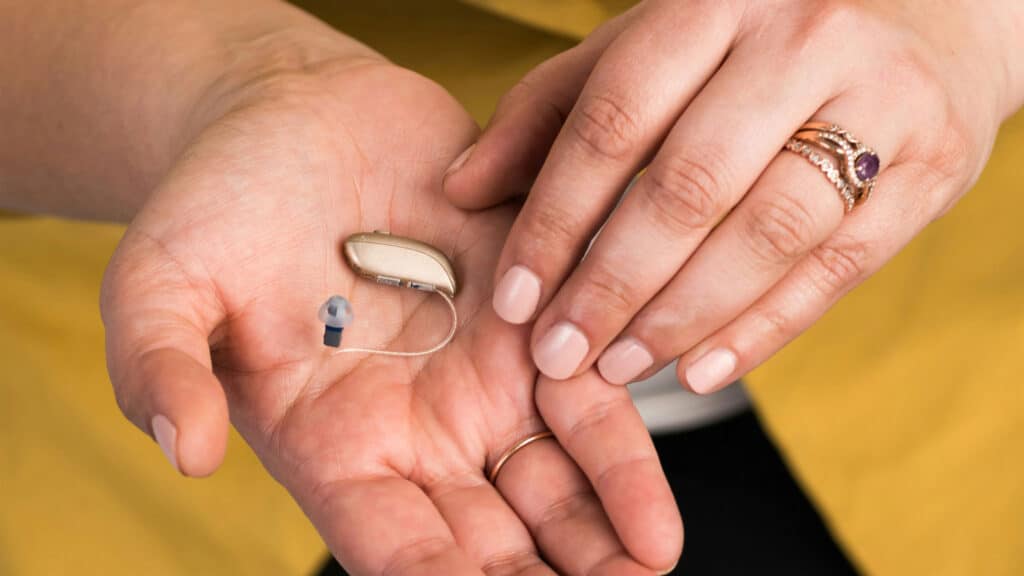Hearing Aids May Ease Behavioral Symptoms in Dementia
Study Overview
Hearing aids do more than improve communication. New research shows they may also reduce behavioral problems in people with dementia.
Researchers studied over 10,000 adults. They found that dementia patients with hearing loss who used hearing aids had fewer behavioral symptoms. These included apathy, irritability, and mood changes that make daily life harder for patients and caregivers.
Key Findings
Hearing loss alone did not lead to more symptoms. The benefit came from using hearing aids. They may offer a safe, non-drug way to manage difficult behaviors.
Lead author Ahjeetha Shankar, MBBS, from Johns Hopkins University School of Medicine, said many older adults live with untreated hearing loss. In dementia care, this can cause frustration and isolation. Treating hearing loss early can improve communication and lower stress.
Connection to Brain Health
The results match earlier studies linking hearing health and brain health. In the ACHIEVE clinical trial, older adults at high risk of cognitive decline saw almost 50% slower decline when they used hearing aids for three years.
Why It Matters
Regular hearing checks are important for everyone, especially older adults. For people with dementia, hearing aids may improve mood, support social interaction, and reduce caregiver strain.
Source: Fewer Dementia Neuropsychiatric Symptoms With Hearing Aids by Deborah Brauser, Medscape, August 13, 2025. Read the full article here.
